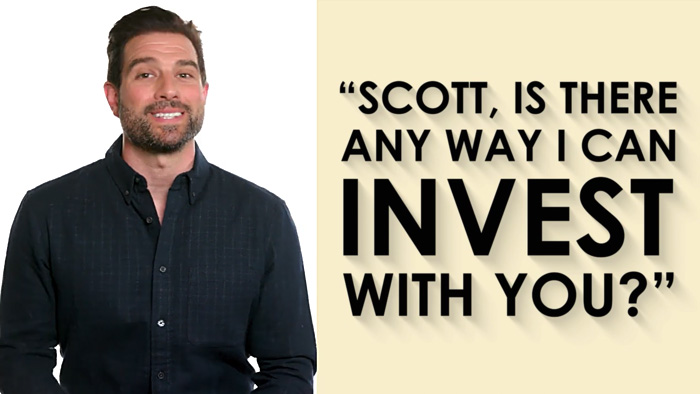Financial Tips to Help You Keep Your Money

I’m a naturally frugal person. Always have been. I believe in treating myself and my loved ones to the things that matter, but I never spend just for the sake of spending. Ask anyone who knows me well and they’ll tell you how much of a comparison shopper I am.
Not everyone is as frugal as I am. I get it. But if you want to both hold on to and grow your money you’re probably going to have to become more frugal than you are now. And you’re going to have to hold yourself accountable for each and every penny.
Here are some simple financial tips that, if implemented regularly, should help you hold on to the money you work so hard to earn.
Pay yourself first
Did your parents ever tell you to put 10% of everything you get into the bank? If so it’s because they knew that paying yourself first is one of the most important steps to developing a solid financial foundation and creating a wealthy mindset. You can’t accumulate wealth if you don’t learn how to save what you earn. My parents taught me this from the time I got my first paper route. It’s probably the most valuable financial lesson they ever taught me. Saving isn’t enough, but it’s a very important start!
Live below your means
If your parents were smart they probably told you this one too. Mine definitely did. This is how I accumulated the bulk of my wealth in the early years of my investing business. I bought a house and rented out the top floors while I lived in the basement. I would have enjoyed an upgrade, but instead – even though I could afford better over time – I stayed in the unit that generated the least amount of income and rented out the ones that brought in higher amounts. And I continued to do so for many years. Remember, what we want and what we need are often two very different things!
Put your money to work
Don’t hide your money under the mattress. Make it work for you. Invest it. You don’t need to do anything high risk if you’re not comfortable – after all, it takes time to learn. But even the most basic savings accounts offer some type of interest. So even if you know nothing about investing you can start there.
Don’t spend money on things that are fleeting
Every time you spend money you should think about the return on investment. We’ve all heard the story about Millenials not being able to afford houses because of avocado toast, and while it sounds extreme and has received a lot of criticism, there is some truth to that analogy. Spending $5 on a fancy coffee, for example, might seem like a great idea at the time, but in a few minutes you won’t have the $5 or the coffee. Think before you buy and spend wisely.
Don’t spend money to impress other people
We see this all the time. People buy expensive things because they want to appear a certain way to others. In my opinion, there’s no worse reason to spend money. Purchase things because they’re valuable to you, not because they’re valuable to other people.
Have a retirement plan
Since pensions are a thing of the past for so many people, having a retirement plan is a must. You cannot rely on things like inheritance money or workplace payouts to get you through your later years. It’s never too early to start planning. As far as I’m concerned, as soon as you start a college fund you should also start a retirement fund.
Invest in yourself
Be eager and willing to learn. Spend time developing your skills and learning others. Talk to experts, take courses, and get as many financial tips as you can from everyone you can. Good fortune tends to come to those who work for it.
Use Financial Trackers
Pay attention to money coming in versus money going out. Get comfortable with spreadsheets and budget-balancing apps. It may seem boring, but as you see the plus column start to grow I promise that it will get a lot more exciting.
Invest in your home
This one is my favourite financial tips and I’ve made a career out of it. A house is a huge expense, so you need to be smart about what you spend and how you spend it. If you want to be wealthy don’t buy at the top of your budget, be prepared for interest rate hikes, and make improvements that add value. Also, of course, consider an income suite to help pay down the mortgage.

Comments